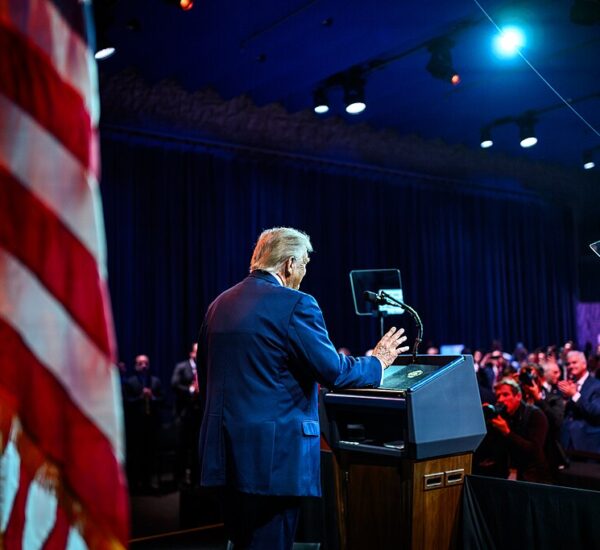GOP Targets Debanking
On Thursday, Senate Banking Committee Chairman Tim Scott (R-S.C.) introduced new legislation aimed at combating the growing issue of debanking, which has become a major concern for conservatives. Debanking occurs when banks abruptly close accounts they consider to be risky, often without providing customers with adequate notice or an explanation. This has been particularly problematic for industries such as cryptocurrency, which argue that they are being unfairly targeted by financial institutions.
Scott’s proposed bill, the Financial Integrity and Regulation Management Act, seeks to eliminate “reputational risk” as a criterion for determining the stability and safety of financial institutions, such as banks. By removing this vague and politically charged standard, Scott aims to prevent federal regulators from using reputational risk to justify debanking practices that can harm businesses operating within the bounds of the law.
“The abuse of reputational risk by federal regulators has become a tool for pushing a political agenda against legal businesses, and it’s time to put an end to it,” Scott stated. “This bill is the first step in stopping debanking and ensuring a fairer and more transparent regulatory environment for all Americans.”
The legislation also prohibits federal agencies from creating new rules or guidance that use reputational risk as a factor. Joining Scott in this effort are fellow Republicans, including Senator Cynthia Lummis (R-Wyo.), who chairs the Senate Banking Subcommittee on Digital Assets. Lummis emphasized that Americans deserve a regulatory framework that promotes innovation, especially in emerging industries like digital assets, rather than stifling progress with government overreach.
“It’s time to hold rogue regulators accountable,” Lummis declared, “and we are sending a clear message that their unchecked power is coming to an end.”
Republicans have long been critical of debanking, dating back to the Obama administration’s controversial “Operation Choke Point,” which discouraged banks from working with certain businesses deemed high-risk. In recent years, as cryptocurrency has flourished, many in the industry have claimed they have been unfairly debanked, referring to this as “Operation Choke Point 2.0.”
The GOP, particularly under the leadership of former President Trump, has been a staunch ally of the crypto sector. Trump has even gone so far as to accuse banks of discriminating against conservatives by refusing to work with them, signaling an ongoing concern about the politicization of banking practices.
Scott’s new legislation is a direct response to these growing issues and aims to restore fairness and transparency in the banking sector, ensuring that no business, regardless of its political or ideological stance, is unfairly targeted.






